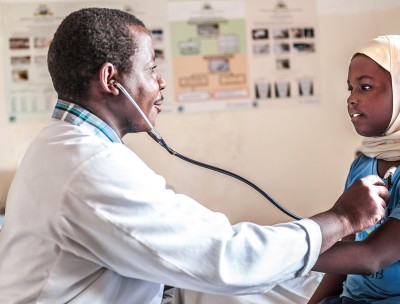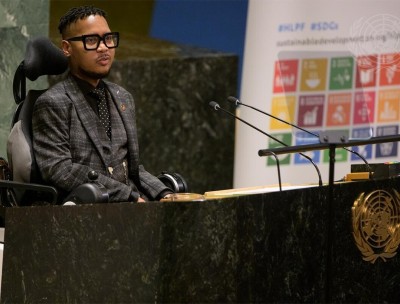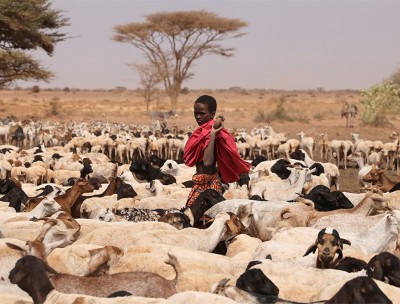OHCHR and the 2030 Agenda for Sustainable Development

About the 2030 Agenda for Sustainable Development and human rights
Human rights are essential to achieving sustainable development that leaves no one behind and are central to all its three dimensions – social, environmental, and economic. This is reflected in the transformative ambition of the 2030 Agenda for Sustainable Development (2030 Agenda), which seeks “to realize the human rights of all” and is firmly anchored in human rights principles and standards, including the Universal Declaration of Human Rights and the international human rights treaties.
The 2030 Agenda puts the principles of equality and non-discrimination at its heart, with a commitment to ‘leave no one behind’ and ‘reach those furthest behind first’ and two dedicated goals on combating discrimination and inequalities (SDG 5 on gender equality and SDG 10 on inequalities within and between countries) as well as a cross-cutting commitment to data disaggregation.
Learn more about the 2030 Agenda for Sustainable Development and the SDGs
Our work on the 2030 Agenda for Sustainable Development
OHCHR has made a strong contribution to the integration of human rights throughout the process to define the 2030 Agenda and its SDGs and seeks to ensure that strategies and policies to implement the 2030 Agenda are human rights-based and leave no one behind.
As part of our mission, we work with States, other parts of the UN development system, national human rights institutions (NHRIs), civil society and other stakeholders on the following key areas:
- Intergovernmental engagement
- Global policy
- National implementation
- Data and indicators
- Accountability
- Financing for development
Read more about OHCHR’s work on the 2030 Agenda for Sustainable Development and human rights



